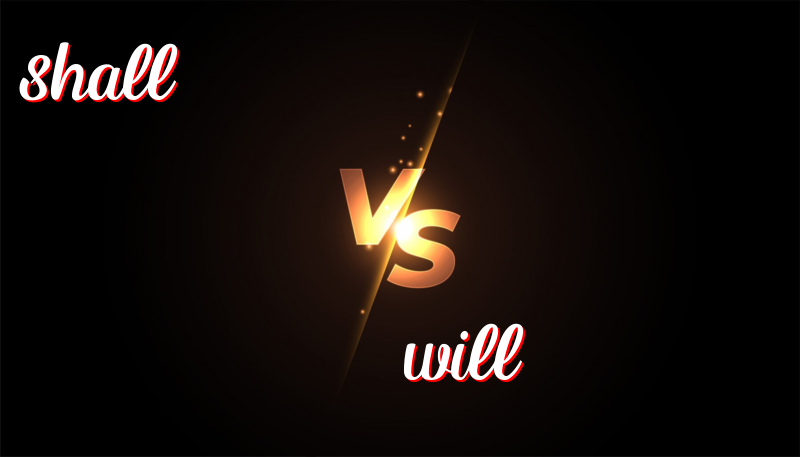Understanding the Difference Between Shall and Will
Understanding “Shall” vs. “Will”
In English, “shall” and “will” are words used to talk about the future. They might look the same, but they have small differences. Let’s explore what these words mean and how we can use them.
History of “Shall” and “Will”
A long time ago, people used “shall” more often than today. It was very common. “Will” was used to show a person’s wish. Over time, the use of these words changed. Now, “will” is used more often for the future.
How to Use “Shall”
“Shall” is often used in questions and promises, especially with “I” and “we”. It is more formal.
- Questions: “Shall we go to the park?” means “Should we go to the park?”
- Promises/Determination: “I shall do my homework.” means “I promise to do my homework.”
Examples of “Shall”
- Shall I open the window?
- We shall visit grandma tomorrow.
- Shall we start the game?
- I shall always remember you.
- We shall write a letter to our friend.
How to Use “Will”
“Will” is common in everyday English. We use it to talk about plans and things that will happen.
- Future Plans: “I will go to school.” means “I plan to go to school in the future.”
- Willingness: “She will help you.” means “She is happy to help you.”
Examples of “Will”
- I will play soccer this afternoon.
- He will eat dinner soon.
- They will read a book.
- The sun will shine tomorrow.
- We will learn English together.
Trick to Remember the Difference
Think about how formal the situation is:
- Use “shall” for questions, polite offers, and promises.
- Use “will” for normal future plans and actions.
Summary
To recap, “shall” is old-fashioned and more formal, while “will” is used for most future talk. Use “shall” with “I” and “we” for questions and promises, and use “will” for saying what will happen or what someone is willing to do.

Leave a Reply
You must be logged in to post a comment.